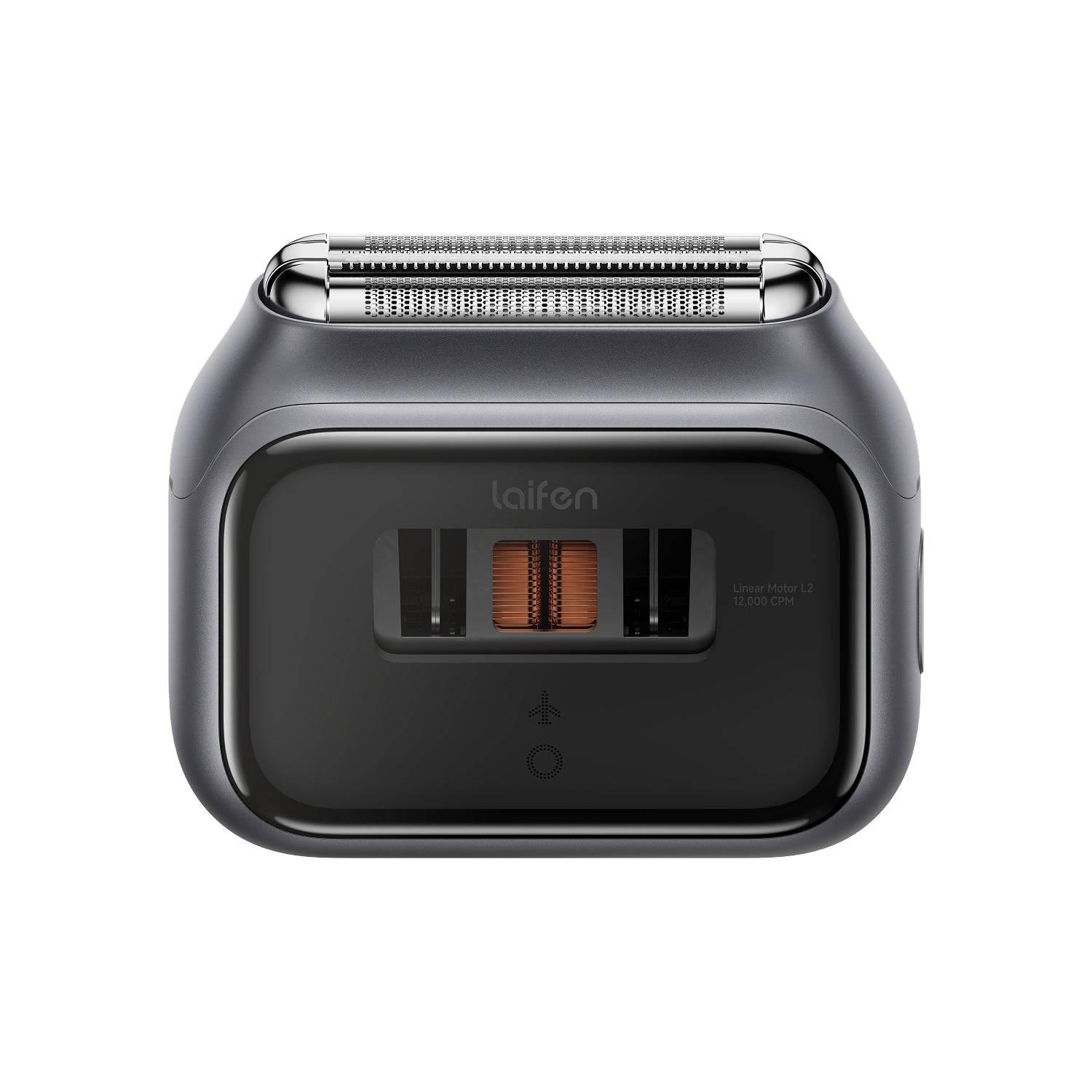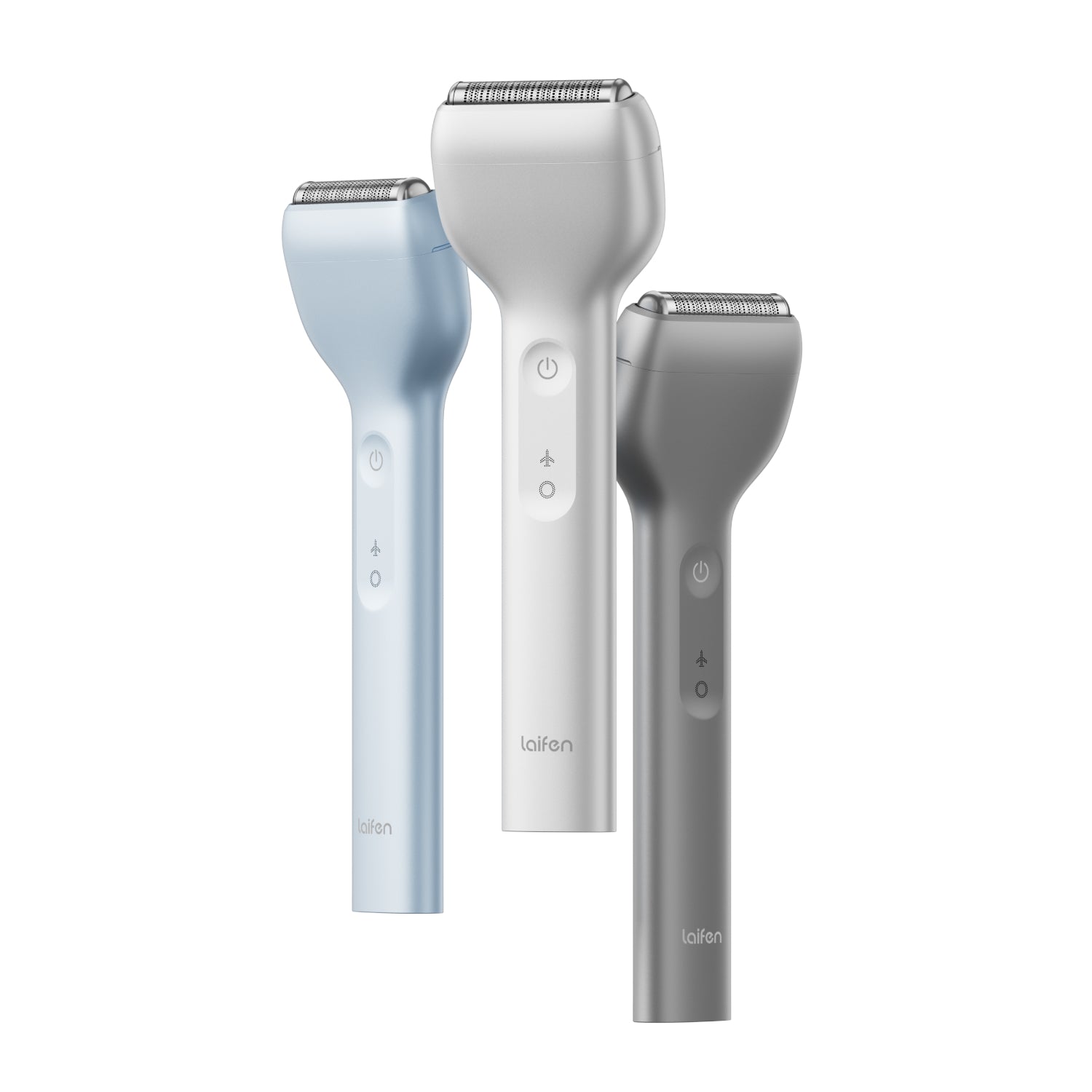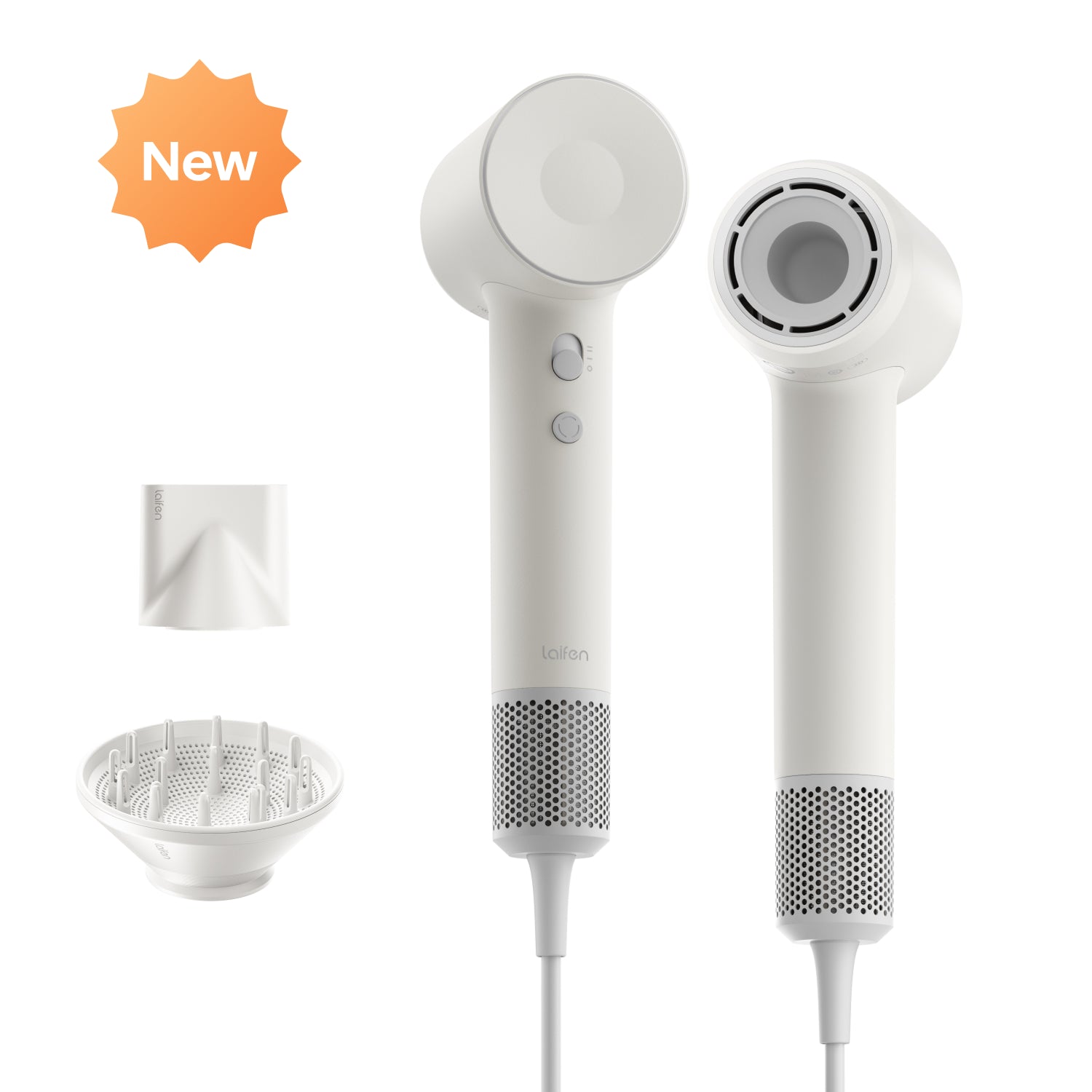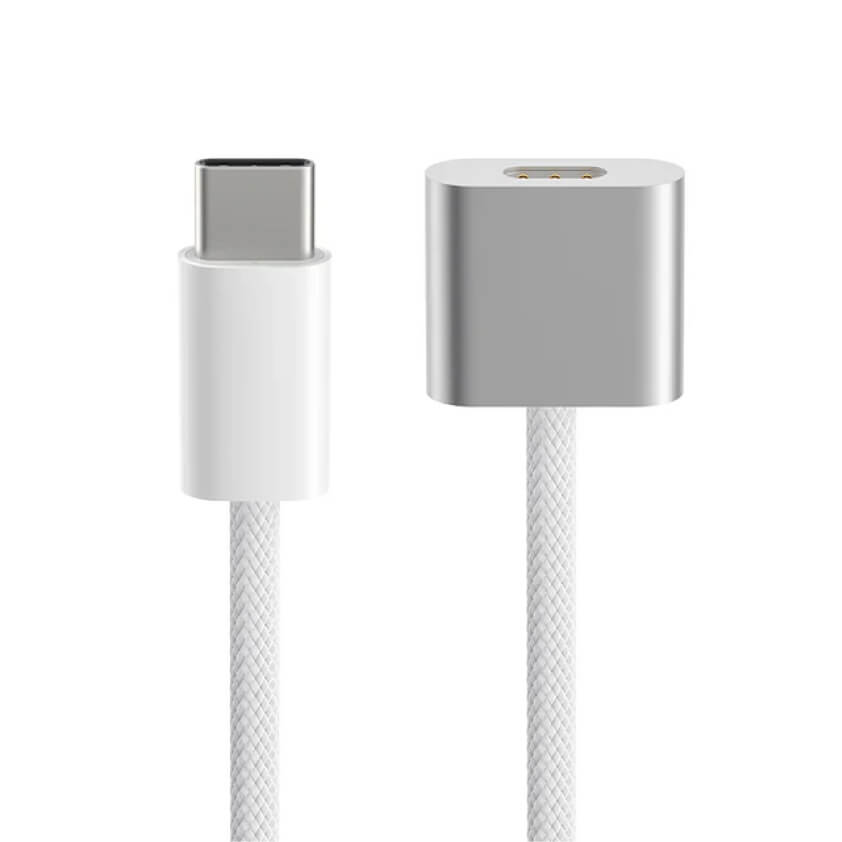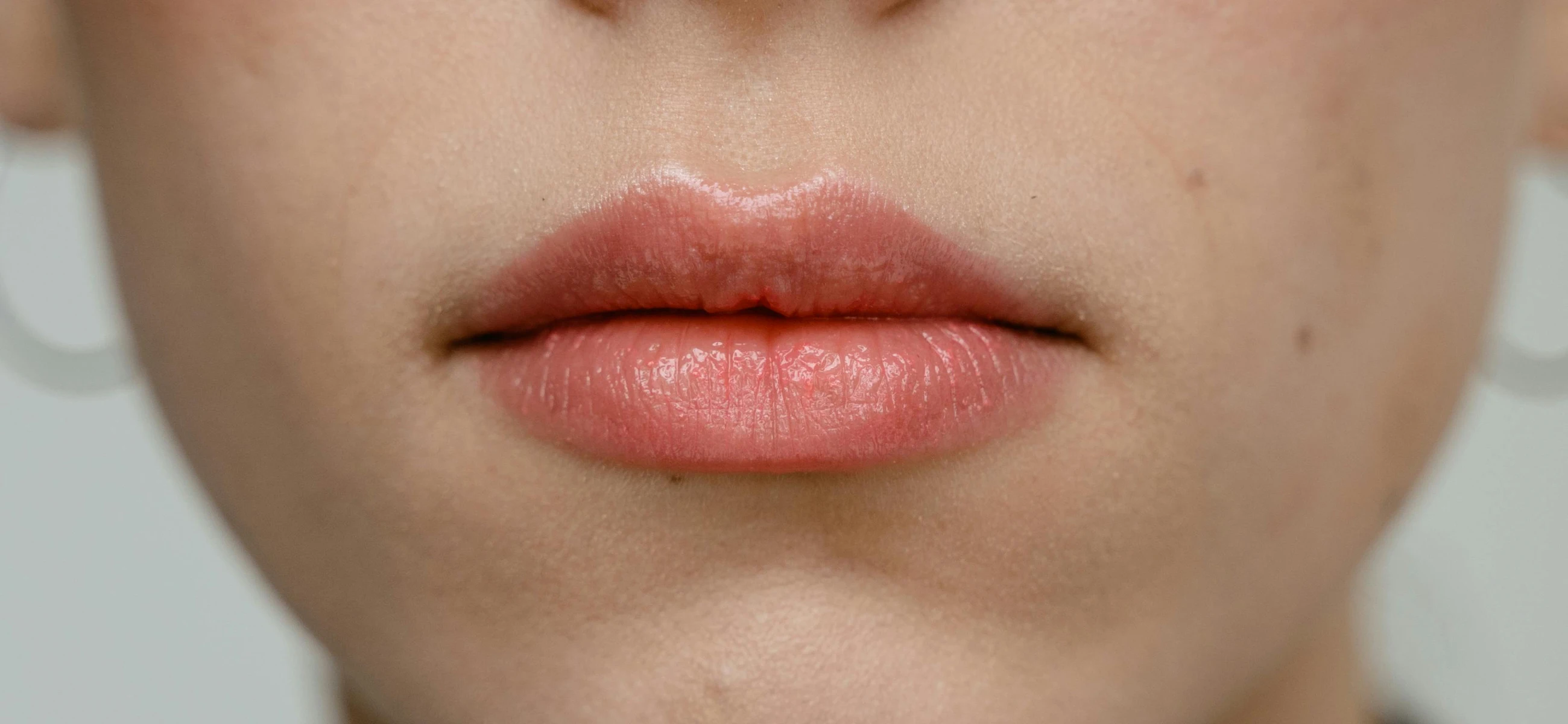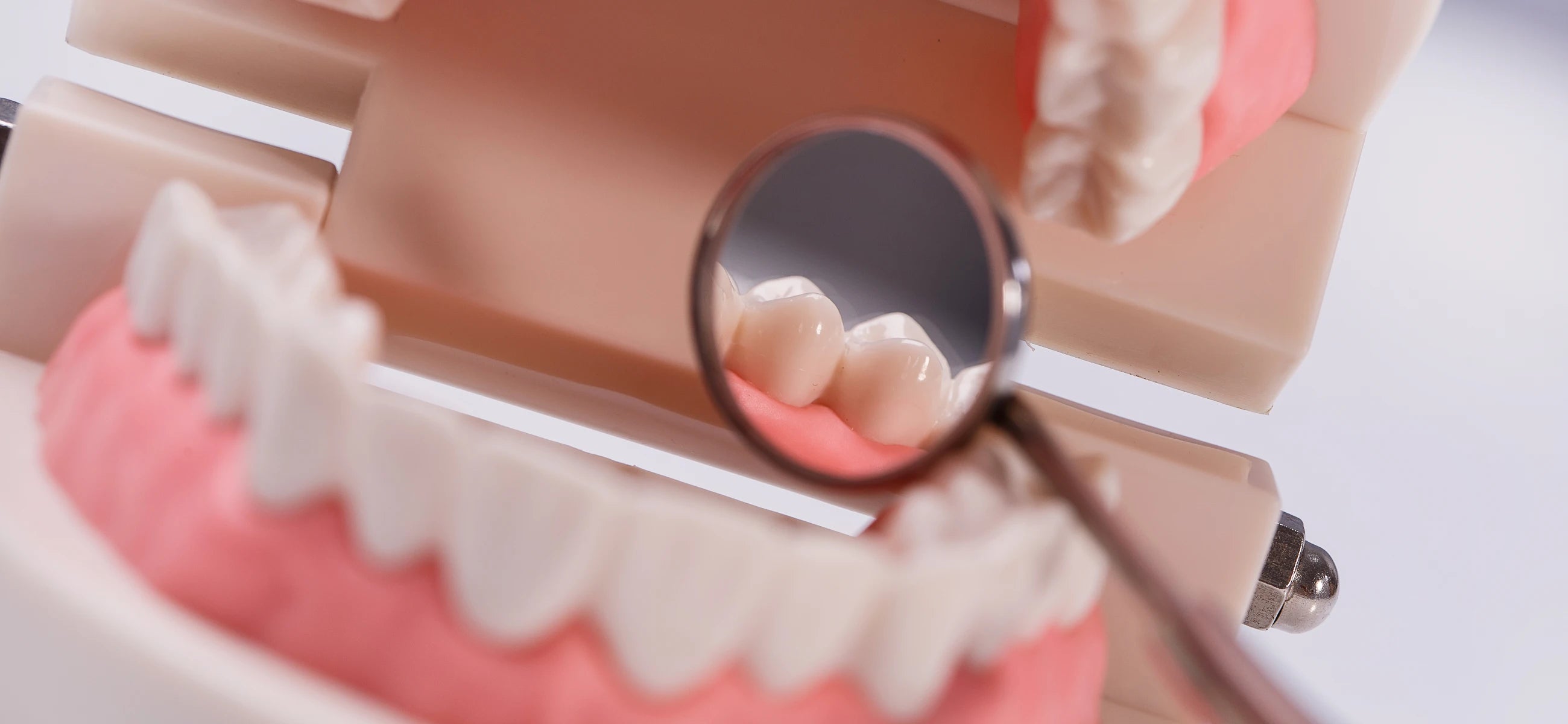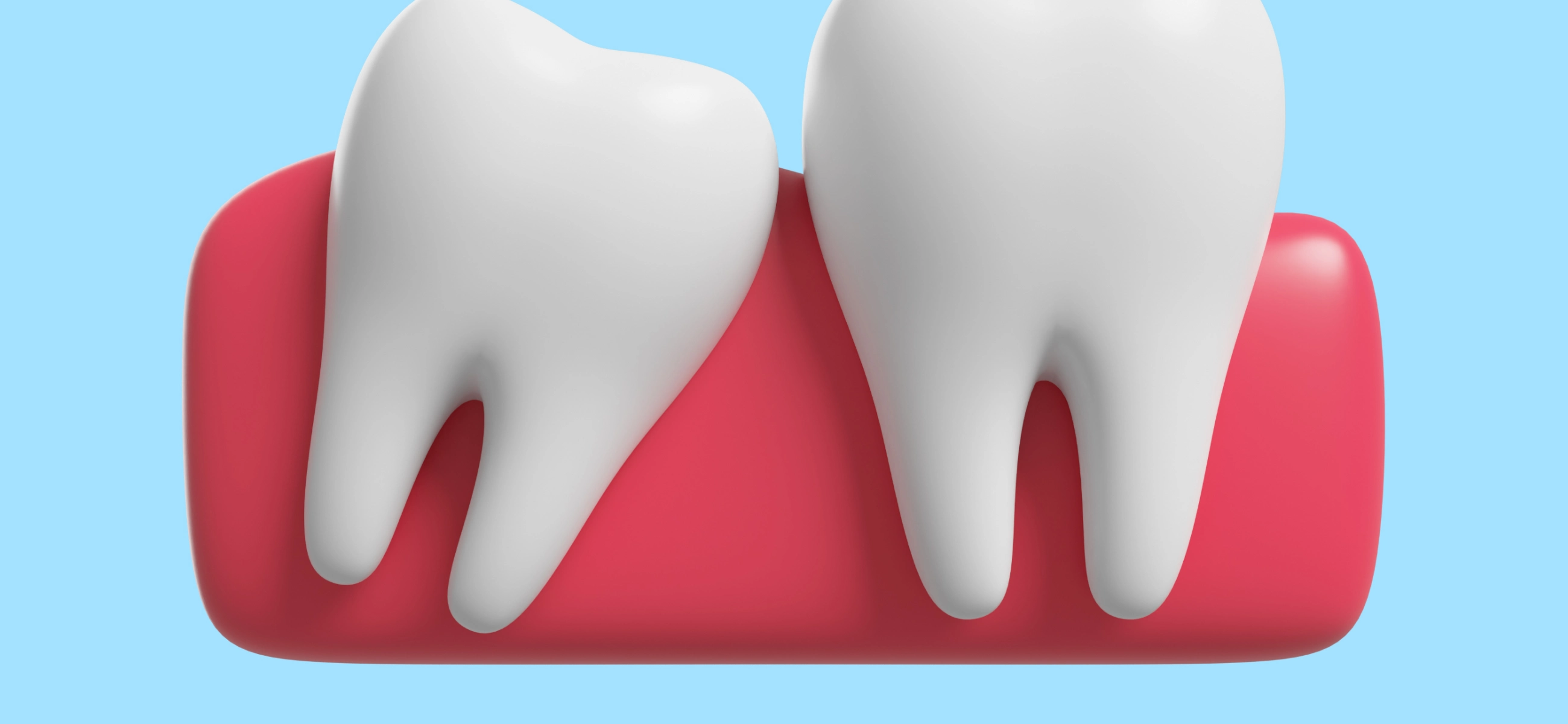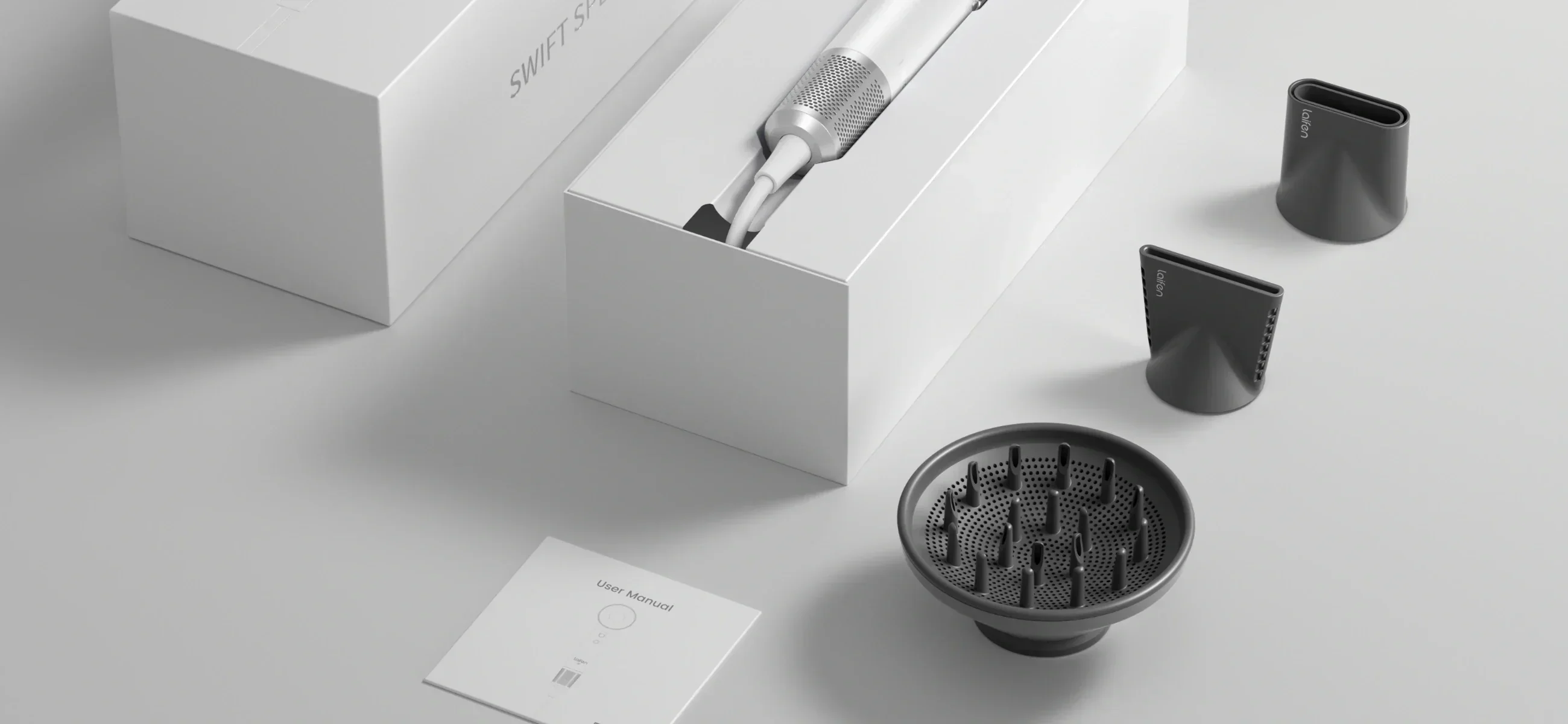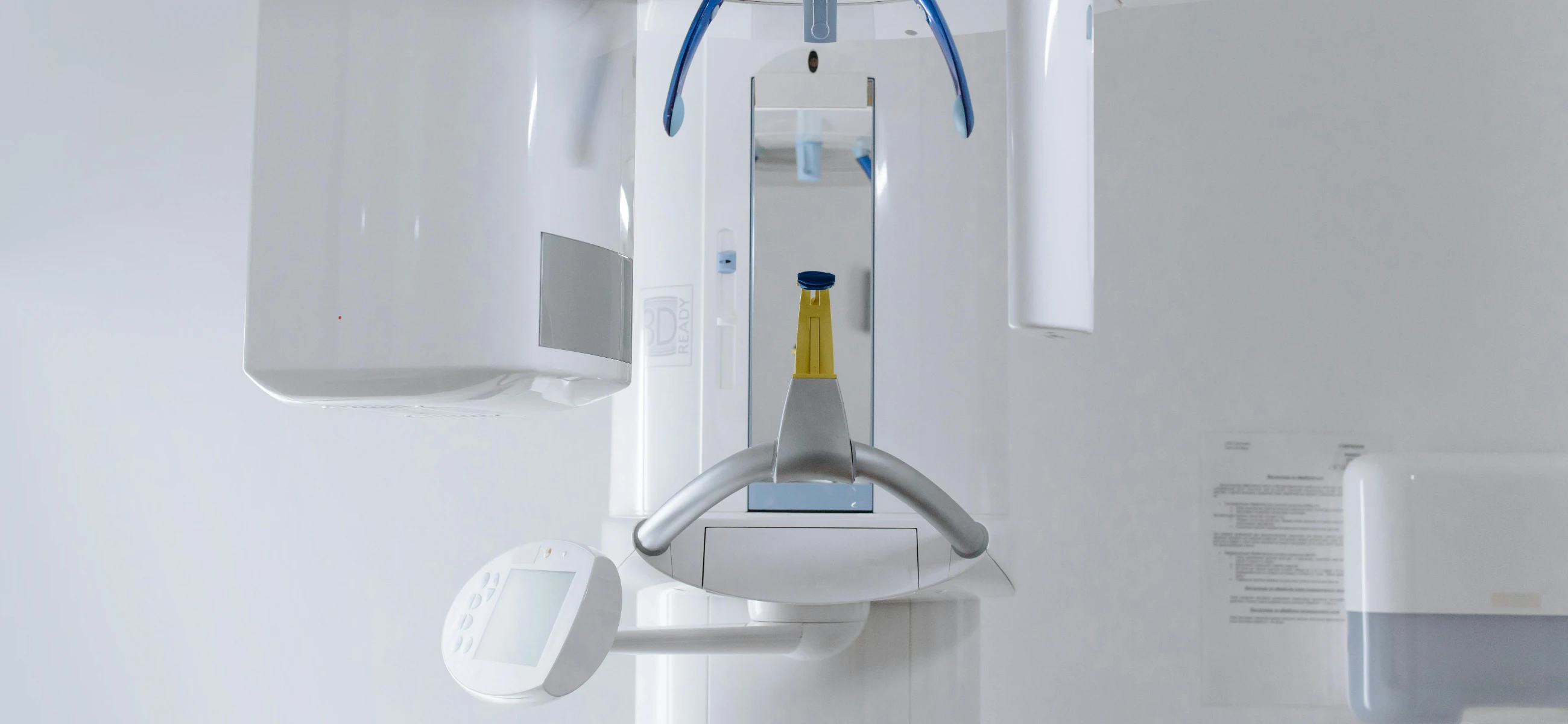
In this article
Your dentist might recommend a dental x-ray if you report symptoms that are aligned with tooth decay or some form of infection. After all, x-rays provide an inside-look at the teeth and jaws, helping the dentist identify the issue.
Here, we take a closer look at why your dentist might recommend an x-ray and determine whether they're necessary, safe, and a good option to consider.
How do x-rays work?
X-rays are radiographs that show the inside of your teeth and jaws. Your dentist can request an x-ray for numerous reasons and to try and find things that they can't see via a visual checkup.
They work like any other type of x-ray and use electromagnetic radiation to capture images of your teeth, gums, and other parts of your mouth.
Some dentists take x-rays with film, which is the traditional method, while others use digital x-rays, which are taken with sensors and a computer. Digital x-rays are preferable, as they use up to 90% less radiation than traditional methods.
Source: https://my.clevelandclinic.org/health/diagnostics/11199-dental-x-rays
How to read dental x-rays?
Frankly, reading x-rays provided by your dentist isn't easy if you don't know what you're looking for. Dentists require you to get an x-ray to check different things and they are in the best position to read the x-ray and to find what they're looking for.
For instance, x-rays show things like the bone structure, the enamel, and the pulp, and they're a great way for a dentist to identify any tooth decay. X-rays can also show cavities between teeth, which might not be easily visible with the naked eye.
Our advice is that if your dentist recommends that you should get x-rays for your teeth, you should ask them to check the x-rays for you to identify any potential issues. If you check the x-rays yourself, you might miss something important and it may negate the whole point of getting them in the first place.
Are dental x-rays safe?
Dental x-rays only emit a very small amount of radiation. In fact, the amount of radiation you absorb from an x-ray is similar to that you get from a TV or smartphone. In other words, going for an x-ray at the dentist's office once in a while is nothing to be worried about, particularly if the necessary precautions are taken.
However, if you receive x-ray radiation in big doses, which is very uncommon, then there is an increased risk of cancer. If you are worried about the risks attached to x-rays, please speak to your dentist before the procedure.
But are dental x-rays safe during pregnancy? Again, they usually are fine, as the radiation will not be directed to your pelvic area, meaning the risk to your fetus is extremely low.
Why do you need to get x-rays from the dentist?
You might need to go for an x-ray to try and identify a number of issues with your teeth, as your dentist can use the x-ray for the following reasons:
-
To identify cavities, particularly those between your teeth, that can't be seen with the naked eye.
-
To find infections beneath a filling.
-
To assess the severity of tooth decay and decide on the best course of treatment.
-
To check for bone loss or breakage in your jaw.
-
To identify cysts or tumors that may be present in your teeth.
In some instances, your dentist might use an x-ray to check whether dental implants, braces, or dentures are a safe option for you, but this will depend on the initial consultation.
Reasons not to get dental x-rays
As you can see, an x-ray might be necessary to identify a range of potential issues with your teeth and jaw, so it could be in your best interests to get the job done. However, here are some of the reasons why you might not want an x-ray:
-
X-rays add to the cost of your dental care and are not always covered by insurance.
-
You may have received a second opinion from another dentist, who suggests that an x-ray isn't necessary.
Generally speaking, we wouldn't go against your dentist's advice, and if they suggest that you need one, it's probably for the best.
Cost of x-rays for dental work
The cost of an x-ray for dental work varies significantly and is impacted by numerous factors. However, as a general rule, x-rays start at around $30 and can go all the way up to $750, depending on what type of x-ray you need and how many the dentist recommends.
Some insurance policies cover dental treatment, including x-rays, particularly those that are required for essential work. If you require a dental x-ray for a cosmetic procedure, it is unlikely to be covered by your medical insurance.
What about the cost of dental x-rays and cleaning without insurance? You can expect a full scale and polish to cost around $100, which will be on top of the cost of the x-rays themselves.
Do dental x-rays show cancer?
In some cases, an x-ray performed by a dentist might reveal cancer, specifically cancer that has started in the jaw. However, x-rays cannot detect all cancer types, which is why oral screening is important.
If you're worried about cancer, contact a doctor or a dentist to explain your symptoms and they will recommend the best route to a potential diagnosis.
Conclusion
Dental x-rays might be necessary to reveal a range of issues with your teeth, including tooth decay, cavities, or infections.
Though an oral check-up may be enough for a dentist to diagnose an issue, an x-ray might be required to check the severity of a problem.
X-rays aren't dangerous in small doses and can be a good way to identify potential issues with your teeth and jaws, so if you're dentist recommends an x-ray, it's best to go for one.

